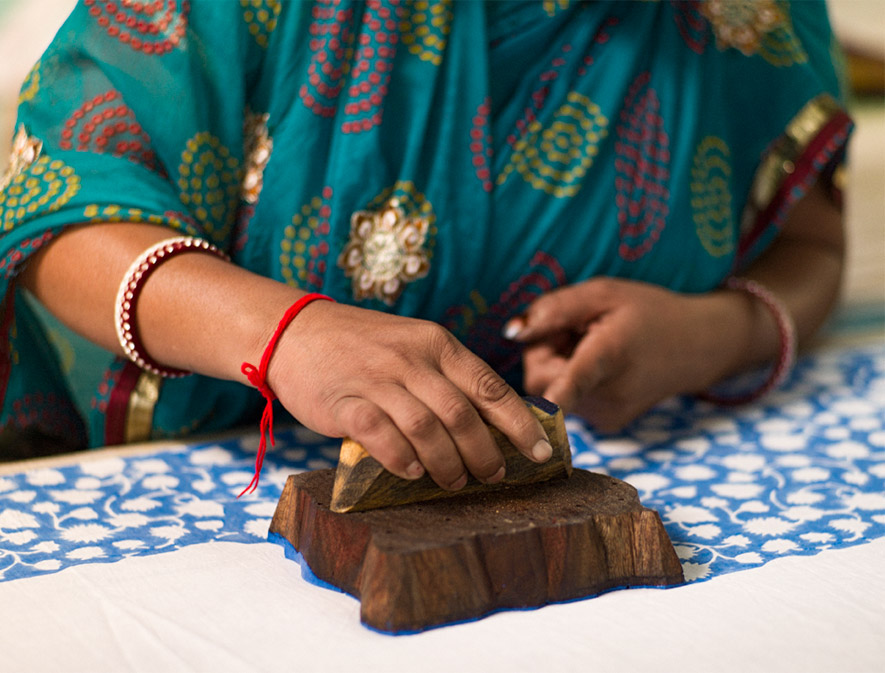India is known for its rich heritage, culture and traditions. The art and fashion in the country is often a reflection to these. Folk art forms of India are highly popular in the international market. However, some of them are losing its existence, because of the complexity of the work, time consuming procedures and low returns to the artisans.
The rural artisans, who are the authentic source of these handmade folk arts, often have no other skills. The low yields discourage them to keep pursuing the art and passing on to others. This is one of the major reasons of loss of these forms. It is also one of the reasons why these artisans leave their villages to move to city, in order to earn a livelihood. The move does not always work well for them, and these talented artists end up working as laborers.
Several organizations and NGOs have focused their attention on these artists and art forms. Shrujan in the Kutch region of Gujarat is working towards the cause of craft revival and entrepreneurship. The non-profit works with the craftswomen of Kutch to revitalize the craft of hand embroidery. The organization provide these artists with a platform where they make the art they have known so well from generations, and sell it in exhibitions and shops all over the country and abroad.
Working in a similar direction is YES BANK, in association with Concern India Foundation and Jaypore.com.
YES BANK has announced the launch of ‘From Rural Cluster to Urban Market’, a cluster development program in Barmer, Rajasthan to provide skill and design development training to 1000 women artisans over a period of one year. As part of the initiative, the women artisans will receive support in the creation and sustenance of market linkages, with on-boarding of retail partners such as Jaypore. The project is spearheaded by the YES Arts & Culture wing of YES Global Institute.
Barmer, the fifth largest district in India, is known for rich crafts, folk dance and music. The arid weather makes agriculture a seasonal occupation and embroidery work, practiced by women, has proved increasingly difficult given market challenges. The ‘From Rural Cluster to Urban Market’ project will work on improving livelihood sustenance via a two-pronged approach of –
- Equipping women with the latest skills in stitching and designing. The project entails an intensive design programme, wherein a professional designer will steer artisans and assist them in developing new products with the traditional technique of appliqué.
- Developing key market linkages via marketing partner for the project – Jaypore.com. The new product lines, relevant to urban customers, will be introduced to new markets as well be sold on Jaypore.com.
Rana Kapoor, MD & CEO, YES BANK and Chairman, YES Global Institute said, “We are committed to the revival, preservation and sustenance of India’s rich cultural heritage. We need public-private engagement in this segment more than any other, such that the original and historical ‘Make in India’ products can be revived. Integrating disciplines like fashion, design and craft is an ideal way to foster ‘Craft in India’ through quality innovation. Artisans are the custodians of indigenous craft, and training efforts must be pushed at the grassroots; Crafts are not only our heritage, but also our global comparative advantage”.
Thank you for reading the story until the very end. We appreciate the time you have given us. In addition, your thoughts and inputs will genuinely make a difference to us. Please do drop in a line and help us do better.
Regards,
The CSR Journal Team


